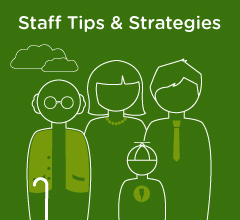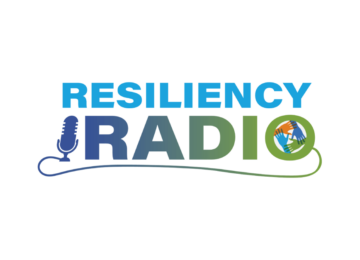Solving the “Rubik’s Cube” of Social Skills

Author:
Jamell White, Ph.D., LCSW-C, Clinical Director, Special Needs and Deaf Services
Making friends, joining in group games or projects, attending parties and relaxing with extended family are often among life’s pleasures. However, some children, teens and young adults find working, playing and celebrating with others as puzzling as trying to solve the Rubik’s Cube. Why these difficulties? Many times these people need help strengthening their social skills.
What Are Social Skills?
Social skills are skills in interacting and communicating with others. This includes knowing how to start and keep a conversation going. Noticing and responding to body language and facial expressions are social skills. So are sharing, listening, and speaking in an appropriate voice volume and tone.
Social skills are important because they lead to the development of positive relationships with family, friends, neighbors, teachers, classmates, bosses and co-workers. Strong relationships are vital in developing happiness and self-esteem. Being welcomed, included and trusted feels good and self-affirming at any age.
How to Develop Social Skills
Social skills develop and mature during childhood, as youngsters meet and learn from a wider array of people and situations. Some people, however, have difficulty reading the social cues others are communicating to them.
Fortunately, with professional help, social skills can improve, often through a process called social skills therapy, typically done weekly in small groups. Many times social workers, psychologists, or speech therapists lead the group members through a variety of carefully chosen activities geared towards highlighting a specific social skill area.
With school age children, many of these activities take the form of games. “Freeze dancing,” for example, teaches youngsters self control over their bodies and their impulses. “Show and tell” allows children to take turns and develop communication skills. Children and adults can learn the art of “small talk” and chatting while sharing a small meal –another social skill. Board games or other group projects bring participants together to practice skills such as problem-solving, cooperation, and compromise. Role-plays are also key in teaching social skills to children, adolescents, and young adults. This technique and other approaches offer opportunities to practice and learn appropriate greetings, giving of compliments, and showing empathy.
In essence, social skills groups are small, safe environments to experiment with cultivating social skills. The broader objective of social skills therapy is to help individuals, over time and with the support of parents and teachers, incorporate better social skills into daily situations.
Social Skills Programs at JSSA
JSSA has developed its own method of social skills therapy which is offered year round in groups for elementary schoolers, middle schoolers, teenagers and young adults ages 19 to 30. Groups run at various times at the Ina Kay Building in Fallsgrove, Rockville, and at JSSA’s Fairfax office. For children, JSSA offers a variety of summer social skills camp programs at JSSA offices and in collaboration with local schools.
In addition, JSSA offers Going Places!, and the Paul and Annetta Himmelfarb Out and About monthly social clubs for people with Asperger’s syndrome and related disorders. Group recreational activities are organized and supervised by professional staff. Both programs offer a range of socialization opportunities – from theater excursions to pool parties –which allow group members to practice social skills in the natural setting of their community.


